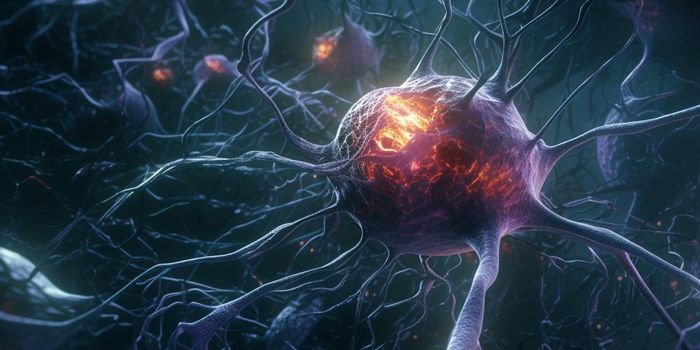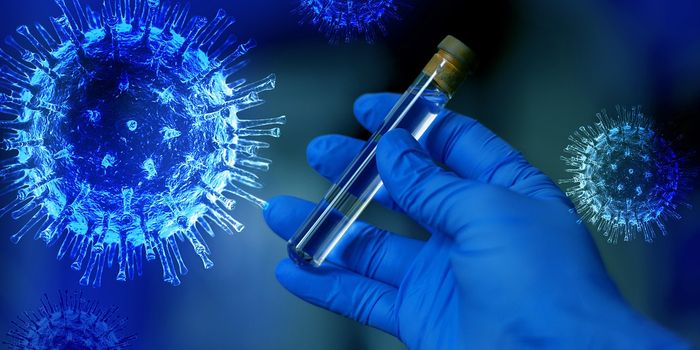COVID-19 Vaccination Elicits Strong Immune Response in Patients with Blood Cancers
As we near the end of 2022, and enter our fourth year of facing COVID-19 (so named because of it’s emergence in 2019), we continue to hear debates on the benefits and risks of vaccination. Numerous studies have evaluated cohorts of patients, particularly those with comorbidities, including cancer, to determine who benefits most from COVID-19 vaccination. One of these studies, published last week in Nature Cancer, reiterates the positive impact of COVID-19 vaccination for those with blood malignancies.
COVID-19 confers higher mortality in those with cancer and those with blood cancers, such as multiple myeloma, leukemia, and lymphoma, exhibit an even higher risk of developing severe COVID-19 than patients with solid cancers.
Researchers initiated a study to evaluate the COVID-19 vaccine-induced immunity in patients with B cell lymphoma and multiple myeloma. The study enrolled 60 patients with no history of COVID-19 infection. The demographics of the study population included an average age of 63.5 years and approximate even distribution among sex with 55% male and 45% female. The researchers obtained data from healthy control samples from a previous study.
The researchers investigated multiple parameters to characterize vaccine-induced immunity. The study accessed one measure of immunity through anti-spike IgG titers measured before vaccination, 2-8 weeks post-vaccination two, 4-5 months post-vaccination two, 2-8 weeks post-vaccination three. At all three post-vaccination timepoints, anti-spike IgG titers appeared lower in those blood cancer patients compared to healthy controls.
The researchers also evaluated infection neutralization capacity against severe acute respiratory syndrome coronavirus 2 variants of concern (VoCs), novel variants that emerge in the population potentially weakening the effectiveness of vaccination. The data revealed that, despite the reduced anti-spike IgG observed, the vaccinated cancer patients, both lymphoma and multiple myeloma, still exhibited T cell responses against proteins derived from VoCs Delta and Omicron at all timepoints. The researchers observed particularly robust responses in the patients following the third vaccination.
The study also used an assay called enzyme-linked immunosorbent spot (ELISpot) to measure VoCs-specific T cells by evaluating the ability of T cells to produce the cytokine IFN-γ in response to COVID-19 exposure.
While some patients on the study did develop COVID-19 breakthrough infections despite vaccination, the cases remained mild to moderate in severity. No COVID-19-realted deaths occurred in the study population. Given these findings, the authors conclude that COVID-19 vaccination induces immunity facilitated by neutralizing antibodies in patients with blood cancers.
Sources: Lancet Oncol, Nature Cancer, Nature, Viruses









